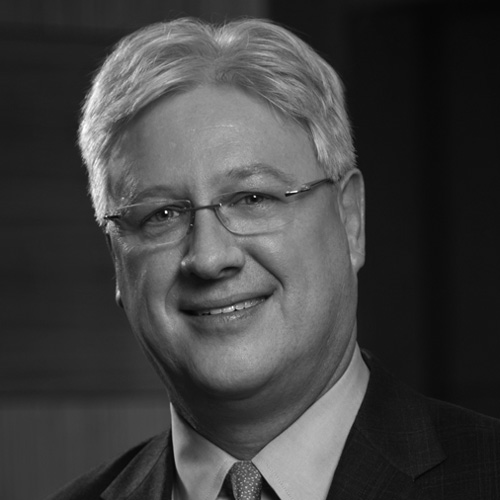With dual responsibilities at Blackhawk Network Holdings, which operates a private network that manages prepaid gift and phone cards, David Durant must balance oversight and compliance with the strategic direction required as a member of the management team.
How has your role as general counsel evolved?
After graduating from law school at the University of Chicago in 1990, I went to work at a California law firm called Crosby, Heafey, Roach & May. I stayed there until 1999, when I went to what had been described to me as a “regular” in-house law job at Safeway. I was expecting to work eight to five, nine to six. That didn’t happen. A couple of years after I started, Safeway formed a department called Safeway Marketing Services, which was later renamed Blackhawk Marketing Services, and a couple of years later it incorporated as a majority-owned subsidiary. By 2005 it was clear that it needed it own legal department, so in 2005 I became head of the legal department, and in 2006 we separated legal operations from Safeway entirely. In 2008, I became general counsel for what at that point was Blackhawk Network Holdings.
What were some of the challenges of that evolution?
In a relatively short time we saw really large growth, some organic and some through acquisitions. We do business in twenty-two countries. For those reasons, and because the business we’re in is becoming more complex from a regulatory standpoint and because the competitive landscape is becoming more challenging, we needed to build a robust legal department. When Blackhawk started operating as a standalone enterprise, there were two lawyers, one administrative assistant, and one contract manager. We now have more than thirty people operating all over the globe, and the compliance function alone has seven people.
Is there anything unique about the responsibilities of a general counsel in your industry?
It’s a great question. The short answer is I don’t know because I’ve never been a general counsel in another industry. But it seems to me that in financial services, which are heavily regulated, you have to balance the normal general counsel functions with the increased regulatory overlay, much like a general counsel working in the pharmaceutical industry would. I oversee both the legal and compliance departments, and I have to find ways to ensure those functions are viewed as assets and necessary partners rather than deal preventers or business killers.
What do you consider your most important role as general counsel?
I would say I have two: I’m a troubleshooter and trusted advisor. Most days I don’t practice law anymore. I identify who’s the best resource internally to work on certain things, I determine the best way to get from point A to point B, and oftentimes I make the tough choice about what to do when the law isn’t clear—what’s the right answer given the business need.
Could you provide an example of a particular challenge you faced?
Some years ago there was a piece of federal legislation called the Credit Card Accountability, Responsibility & Disclosure (CARD) Act of 2009. It didn’t originally pertain to gift cards, but we’d been in conversation, through our trade association, with federal legislators around the development of gift-card-specific legislation. Then, at the last minute, legislators decided to add gift card provisions to the CARD Act. But they didn’t start where the ongoing negotiation between the industry and legislators had taken us, but with something that wasn’t favorable to the industry. So in fairly short order, we had to marshal resources to do a lot of things at once, including lobbying to change the legislation. We had limited success, and the time frame for compliance was much shorter than anyone in the industry could accommodate, so after the law was passed we had to work with regulators while at the same time getting legislation passed to get a meaningful extension.
How do you balance your role in management with your role in legal and compliance?
It starts with keeping in mind that it’s a business, and every business has inherent risks. I look at everything through the lens of what the law requires, when it’s clear. When the law is not clear, which is so often the case, I try to exercise best judgment and give advice. Ultimately, it’s up to the CEO, who has final decision-making authority about risk allocation. There’s a balance required: I have to identify the risks as we see them, as well as the potential harm from regulators and litigation, and also morally and ethically. But I have to present risks in a reasonable light.
In your opinion, what does a general counsel need to do to become an indispensable part of an organization?
Well, I don’t think anyone is indispensable. But, making oneself valuable to the enterprise and the leadership team involves being a good business partner—understanding the challenges the business side faces, and having that inform the judgments you make. Having an open-door policy, as we do, helps. So does being highly practical: you have to evaluate the risk you face and the potential harm against the likelihood that there’s really a problem.
Have you ever received good advice that you heed time and time again? If so, what was it?
Our founder, Don Kingsborough, gave advice to me that changed the way I practice law. He said you can hire anybody to tell you what the law says, but where one creates value as a lawyer is finding ways to help the business do what it wants to do, or get as close to that as it can, within the bounds of reason. It was a window-opener to me in understanding the role of in-house counsel as not just a problem-spotter, but also a solution provider.

